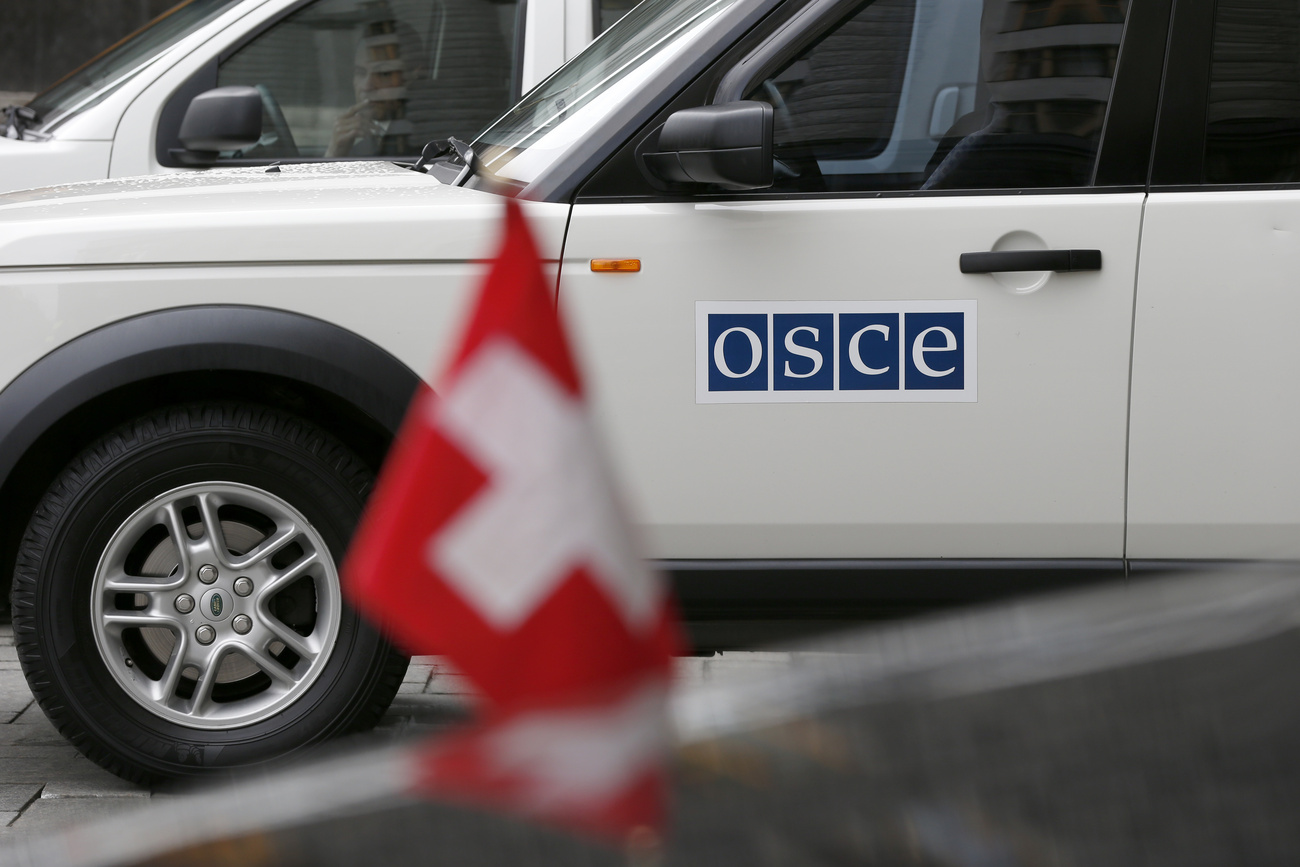
Lugano chosen as testing ground for medical card

Residents of Lugano in canton Ticino have become the first people in Switzerland to be issued with medical cards, containing confidential patient data.
They are taking part in a pilot project, starting on Monday, to assess whether such cards could be introduced nationwide.
Medical cards are already in general use in a number of European countries, as well as the United States, Canada and Japan.
The new card is a kind of medical identity document. But patient have to give their consent before information can be stored on the card.
The leader of the Lugano project, Marzio Della Santa, says he is well aware that the idea of a medical is seen as threatening by some people.
“We are contemplating a major change, so it is natural that there should be a degree of resistance,” he told swissinfo.
“However, considering people’s willingness to take part in the pilot project, I must say that the signals are very positive – there seems to be agreement on the objectives and the means of achieving them.”
Accessible
The aim of the card is to have all relevant medical data about a patient stored in one place so it can be accessed by patients, doctors, hospitals, pharmacies and others involved in the treatment of a patient treatment.
The information recorded on the card consists of the patient’s administrative details (name, address, date of birth, health insurer, etc.); data that could be needed in an emergency (blood group, allergies, current courses of treatment, chronic illnesses); and the patient’s medical history, including past illnesses, physiological information and a list of the principal treatments given.
At present, information about patients is held by general practitioners or pharmacists and is not necessary complete or readily accessible to hospitals and other healthcare providers.
With the medical card system, such information will be accessible to the entire health care system, a key advantage in emergencies.
The card will also reduce the potential for error, and cut costs, by eliminating the need to transfer data between health care providers.
Another benefit is that pharmacists will no longer have to struggle to read doctors’ illegible prescriptions.
Data protection
Della Santa reassures patients that concerns about data protection are unfounded. “Only information authorised by the patient will be recorded on the card – the patient is free to provide or withhold personal data. We have also looked into data protection systems and systems of graduated access.”
The plan is to have three levels of access: “low” level data would be fairly freely available, while the second level would be reserved for a limited number of authorised professionals, and the third would be protected by a code known only to the patient.
It is not only patients who are concerned about the implications of the medical card. Some doctors have warned that the administrative burden associated with the card is likely to increase.
But Marzio Della Santa is confident these fears will be allayed when health care personnel have seen the benefits of the card in operation.
Spotlight
Della Santa is pleased that Lugano has been chosen for the pilot project. “The attention being paid to the pilot project here in Ticino is rather flattering. We believe firmly in what we are doing and are taking this experiment very seriously.
“Our aim is to gauge public acceptance of the card, and see how it is used. This is not a technological challenge, as it might seem at first sight, but more a cultural one.”
The first assessment of the project is scheduled for spring 2006.
swissinfo
Approximately 2,500 people in the Lugano region are taking part in the pilot project.
The experimental phase will last 18 months.
The agencies involved include some 40 doctors’ practices and pharmacies, seven public and private hospitals, plus one ambulance and home care service.
The electronic medical card, similar in appearance to a credit card, is an identity document which stores a patient’s medical details.
It records items of information such as the patient’s blood group, allergies, illnesses and current courses of treatment.
The card being piloted in Ticino conforms to an international standard, which means it can also be used in other countries with similar systems, such as Italy, France and Germany.

In compliance with the JTI standards
More: SWI swissinfo.ch certified by the Journalism Trust Initiative




























You can find an overview of ongoing debates with our journalists here . Please join us!
If you want to start a conversation about a topic raised in this article or want to report factual errors, email us at english@swissinfo.ch.